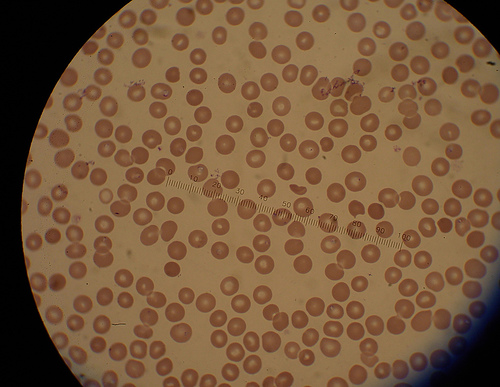 Washington, Mar 11 : Researchers at Virginia Commonwealth University Life Sciences have identified a new mechanism the malaria parasite uses to enter human red blood cells, which could lead to the development of a vaccine cocktail to fight the mosquito-borne disease.
Washington, Mar 11 : Researchers at Virginia Commonwealth University Life Sciences have identified a new mechanism the malaria parasite uses to enter human red blood cells, which could lead to the development of a vaccine cocktail to fight the mosquito-borne disease.
Malaria is transmitted to humans through bites from mosquitoes.
For decades, researchers have known that a molecule called glycophorin B, which is found on the surface of human red blood cells, is important for invasion of the malaria parasite.
However, the specific molecule by which the malaria parasite attaches itself to invade the host was not known until now.